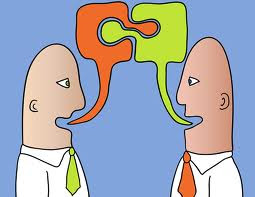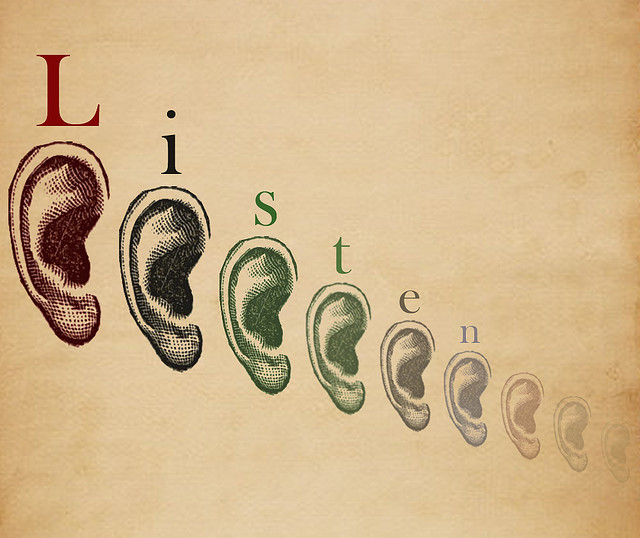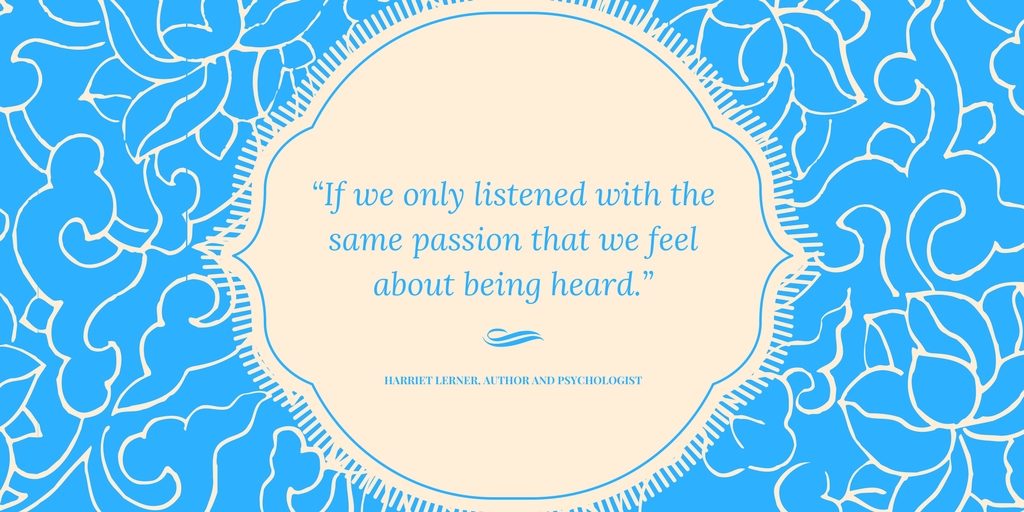“Silence is one of the great arts of conversation.”
-Hanna More, 19th Century British Philanthropist

Image from Flickr by Shawn Harquail
Many people think of silence as simply the lack of saying something. It is a void, an empty space where nothing is happening.
Today’s quote asks us to instead consider silence as a seed, invisibly planted in the ground. Active listening and sincere interest are resources that help conversation and ideas grow and eventually blossom.
EXERCISE:
How can you use the art of silence to enhance and grow your most important personal and professional relationships?







